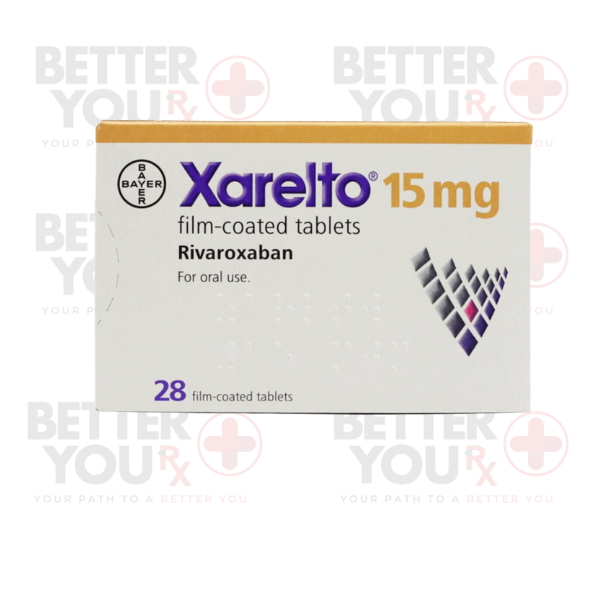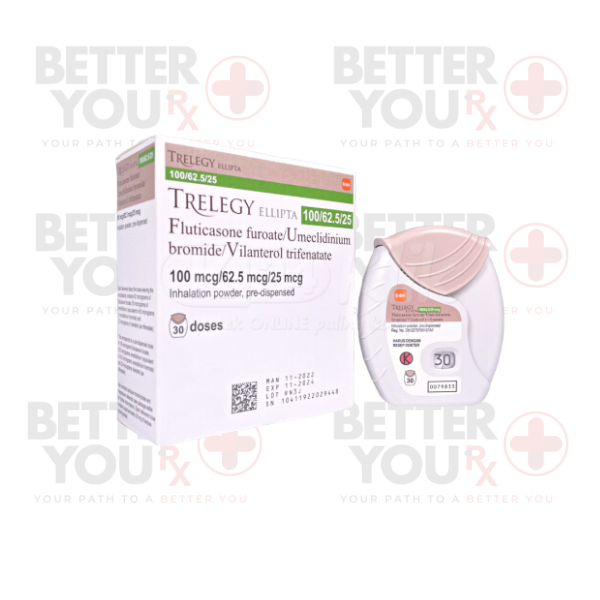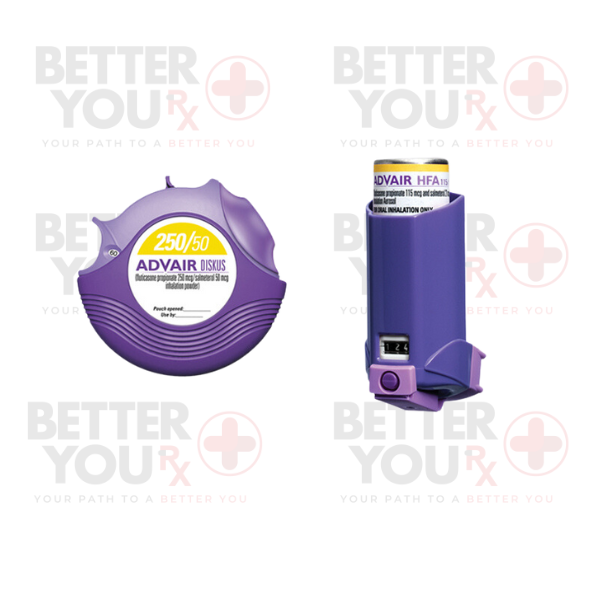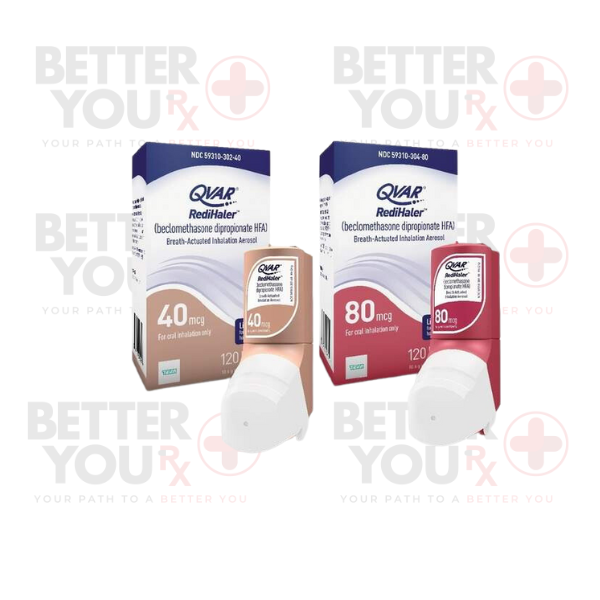| Usage |
Rabeprazole is available in the form of delayed-release tablets, which means the medication is released in the intestine to prevent degradation by stomach acids. For most conditions, rabeprazole is typically taken once daily. When treating ulcers, it should be taken following the morning meal. In cases where it's used alongside other medications to eradicate H. pylori, rabeprazole is taken twice daily – with both the morning and evening meals – for a duration of 7 days.
To ensure safe and effective use, follow the instructions provided on your prescription label meticulously. If there's any aspect you find unclear, don't hesitate to consult your doctor or pharmacist for clarification. Take rabeprazole precisely as prescribed; avoid altering the dosage, frequency, or duration of use without your doctor's guidance. The tablets should be swallowed whole with water and should not be split, chewed, or crushed.
It's crucial to maintain the prescribed regimen even if you start feeling better. Never discontinue rabeprazole without consulting your doctor, and if your condition fails to improve or worsens, reach out to your healthcare provider promptly.
|
| Side Effects |
Side Effects
Rabeprazole, like any medication, may lead to certain side effects. It's important to inform your doctor if you encounter these symptoms and if they are either severe or persistent:
• Headache
• Nausea
• Vomiting
• Constipation
• Gas
• Sore throat
However, some side effects can be more serious, warranting immediate medical attention. If you experience any of the following symptoms, contact your doctor right away or seek emergency medical assistance:
• Blistering or peeling skin
• Rash
• Hives
• Swelling of the eyes, face, mouth, lips, tongue, or throat can potentially happen.
• Difficulty breathing or swallowing
• Irregular, fast, or pounding heartbeat
• Excessive tiredness
• Dizziness
• Lightheadedness
• Muscle spasms
• Involuntary trembling of a specific body part.
• Seizures
• Severe diarrhea with watery stools
• Stomach pain
• Fever
It's also worth noting that people who use proton pump inhibitors, including rabeprazole, may have a higher risk of fractures in the wrists, hips, or spine compared to those who don't use these medications. This risk is particularly elevated in individuals who take high doses of such medications or use them for an extended period, typically exceeding one year. To better understand the potential risks associated with rabeprazole, consult your doctor for a thorough discussion.
|
| Storage |
Storage
To ensure the safe storage and disposal of this medication:
• Keep it in the original container, tightly sealed, and away from children.
• Store it at room temperature, avoiding excess heat and moisture (not in the bathroom).
• Safeguard all medications from children's reach, as many containers are not child-resistant and can be easily opened.
• Use safety caps and store the medication out of sight and reach to prevent poisoning in young children.
• For proper medication disposal, avoid flushing it down the toilet.
• Instead, consider participating in a medicine take-back program, which your pharmacist or local garbage/recycling department can guide you on.
|
| Precaution |
Precautions
Before starting rabeprazole:
• Inform your doctor and pharmacist about any allergies to rabeprazole or similar medications, such as dexlansoprazole, esomeprazole, lansoprazole, omeprazole, and pantoprazole. Ask your pharmacist for a detailed list of the components.
• Notify your doctor if you are taking rilpivirine (found in Edurant, Complera, Odefsey) as you may be advised not to take rabeprazole concurrently.
• Disclose all prescription and nonprescription medications, vitamins, supplements, and herbal products you are currently using or plan to use. Especially mention antibiotics, anticoagulants (e.g., warfarin), atazanavir (Reyataz), cyclosporine (Neoral, Sandimmune), digoxin (Lanoxin), diuretics, ketoconazole (Nizoral), iron supplements, and methotrexate (Rheumatrex, Trexall). Your doctor may need to adjust your medication dosages or closely monitor you for side effects.
• Inform your doctor if you have a history of low magnesium levels in your blood or liver disease.
• Inform your doctor if you are currently pregnant, planning to become pregnant, or breastfeeding. In case of pregnancy while taking rabeprazole, contact your doctor.
• If you are 50 years of age or older, consult your doctor regarding the safety of taking rabeprazole. Older adults may face a higher risk of severe bacterial-induced diarrhea or fractures in the wrist, hip, or spine.
|










Reviews
There are no reviews yet.